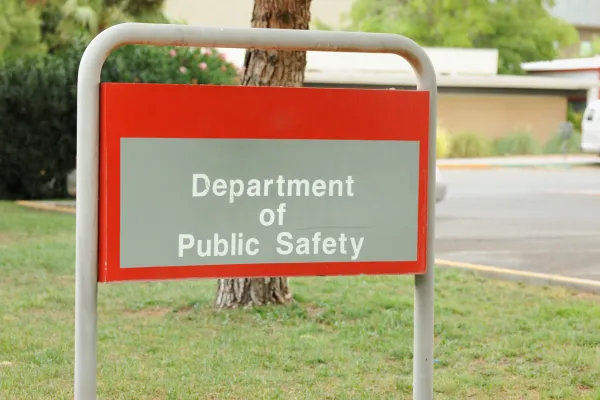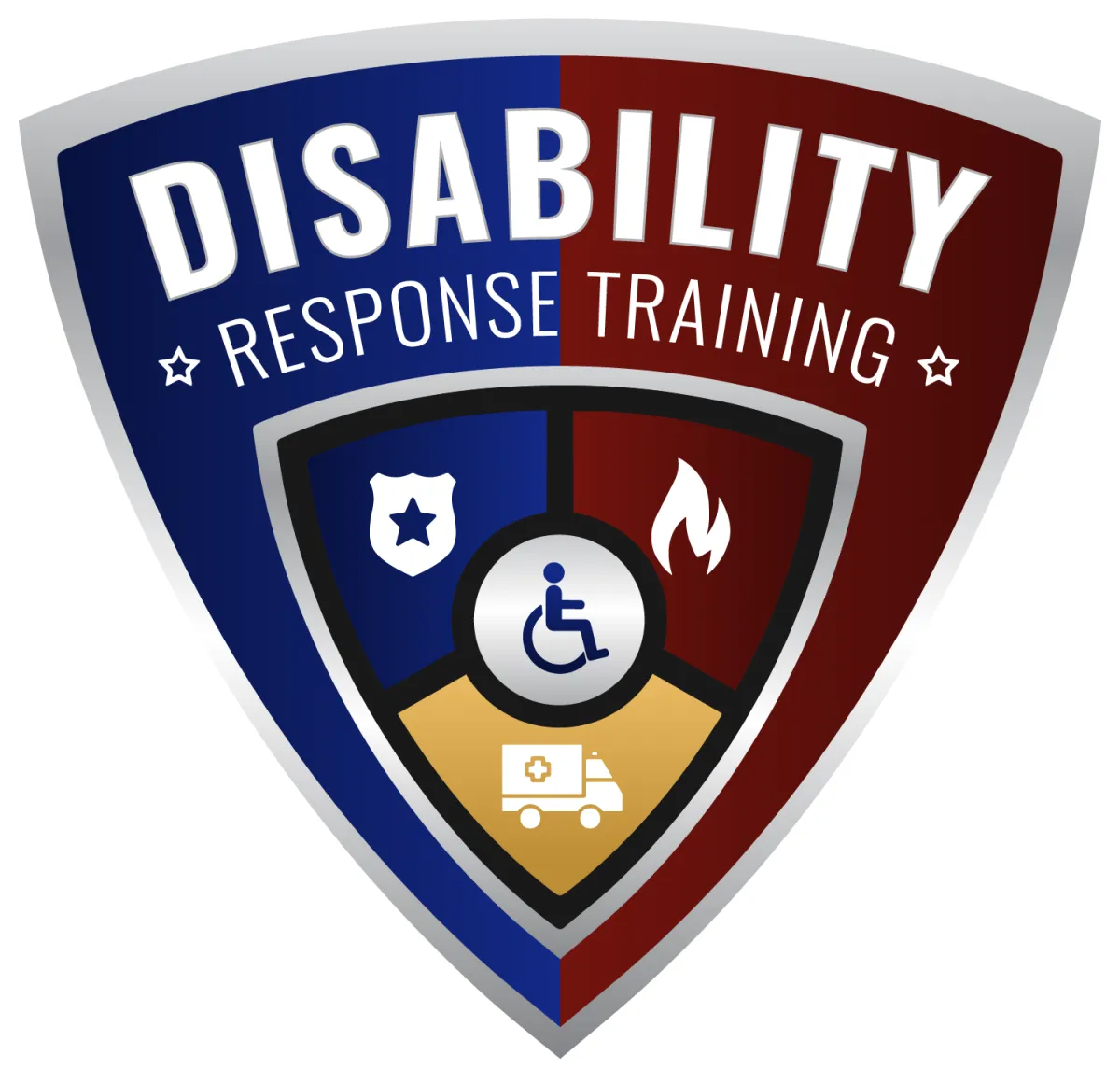See Our Latest Blogs

The Importance of Disability Response Training for Law Enforcement and First Responders
Understanding the Need for Disability Response Training
Disability response training is a critical aspect of law enforcement and first responder preparedness. With approximately one in four U.S. adults living with a disability, officers and emergency personnel frequently interact with individuals who have unique needs and challenges. Unfortunately, many first responders receive little to no formal training in effective, respectful, and legally compliant interactions with people with disabilities.
For agencies looking to improve public trust, reduce liability, and enhance officer safety, Disability Response Training offers specialized programs that equip first responders with the skills needed to handle these situations effectively.
Challenges First Responders Face in Disability-Related Incidents
1. Communication Barriers
People with disabilities may communicate differently, whether due to hearing impairments, speech difficulties, or cognitive disabilities. First responders must recognize these challenges and adapt their approach to ensure effective communication.
2. Misinterpretation of Behaviors
Many disabilities, such as autism spectrum disorder (ASD), Down syndrome, or traumatic brain injuries, can present behaviors that mimic noncompliance, intoxication, or aggression. Without proper training, officers may misinterpret these behaviors, leading to unnecessary escalations.
3. Legal and Ethical Considerations
The Americans with Disabilities Act (ADA) and other federal and state laws require first responders to make reasonable accommodations when interacting with individuals with disabilities. Failure to comply can lead to legal consequences and erode community trust.
How Disability Response Training Improves Outcomes
De-Escalation Strategies
One of the key elements of Disability Response Training is teaching officers and first responders effective de-escalation techniques. By understanding the root causes of behaviors associated with disabilities, responders can use:
Calm, clear communication
Non-threatening body language
Modified approaches to reduce sensory overload
These techniques help prevent unnecessary force and improve safety for both the responder and the individual.
Communication Best Practices
Training programs provide first responders with tools to improve communication, such as:
Using visual aids or written communication for individuals who are nonverbal
Learning basic sign language for interactions with the Deaf community
Understanding alternative communication methods like speech-generating devices
Recognizing Medical and Psychological Needs
Many individuals with disabilities may have underlying medical conditions, cognitive impairments, or mental health disorders. Training provides first responders with the knowledge to identify these conditions and respond appropriately.
For example, individuals with epilepsy may experience seizures that could be mistaken for erratic behavior. A properly trained officer would recognize the signs and provide appropriate assistance rather than escalating the situation.
Specialized Training Programs for First Responders
Law Enforcement Officers
Police officers often interact with individuals with disabilities during routine traffic stops, crisis calls, and emergency situations. Disability Response Training offers courses tailored to law enforcement that focus on:
Recognizing and responding to disability-related behaviors
Implementing de-escalation techniques
Understanding legal requirements under the ADA
Learn more about our law enforcement training
Emergency Medical Services (EMS)
Paramedics and emergency medical personnel must be prepared to provide medical assistance to individuals with disabilities in a way that respects their autonomy and needs. Training covers:
Proper lifting and transport techniques
Communicating with nonverbal patients
Recognizing medical devices and their functions
Discover EMS-specific training
Firefighters and Disaster Response Teams
In emergencies, individuals with disabilities may require additional assistance during evacuations. Training for firefighters includes:
Safe evacuation strategies for people with mobility impairments
Assisting individuals with sensory sensitivities during rescue operations
Coordinating with caregivers and support personnel
Explore firefighter training programs
Real-World Impact: Why Agencies Are Adopting Disability Response Training
Reducing Use of Force Incidents
Cities and law enforcement agencies that implement disability response training have reported fewer use-of-force incidents involving individuals with disabilities. Proper training ensures officers recognize disability-related behaviors rather than misinterpreting them as resistance or aggression.
Strengthening Community Trust
When first responders demonstrate an understanding of disability-related challenges, it strengthens public trust. Community members feel safer knowing that their local agencies prioritize inclusivity and respect in their interactions.
Improving Officer and First Responder Safety
Understanding disabilities leads to safer interactions for both responders and individuals with disabilities. Training provides tools to navigate these encounters without resorting to force or confrontation.
How Agencies Can Get Started with Disability Response Training
Step 1: Assess Training Needs
Each agency has unique needs based on its community and the frequency of interactions with individuals with disabilities. Leaders should assess current training gaps and identify the most relevant courses.
Step 2: Enroll in a Training Program
Disability Response Training offers customized programs that can be delivered in-person or online. Agencies can choose from:
Basic disability awareness training
Advanced crisis response training
Hands-on scenario-based training
View all available training programs.
Step 3: Implement Policy Changes
In addition to training, agencies should review and update departmental policies to ensure compliance with disability-related laws and best practices.
Step 4: Foster Ongoing Education
Disability response training is not a one-time event. Agencies should schedule ongoing refresher courses to keep responders updated on the latest best practices and legal requirements.
Conclusion: A Commitment to Inclusive and Safe Public Service
Investing in Disability Response Training is not just about compliance—it’s about creating a safer, more inclusive, and more effective emergency response system. By equipping first responders with the knowledge and skills they need, agencies can improve interactions, reduce unnecessary conflicts, and build trust within their communities.
Get started with Disability Response Training today!
Empowering Law Enforcement to Successfully Interact with Physically Disabled Suspects
Essential training to prepare your officers for any situation involving a physically disabled person—boosting individual safety and reinforcing public trust.
Contact:
© 2026 Disability Response Training
All Rights Reserved - Privacy Policy

